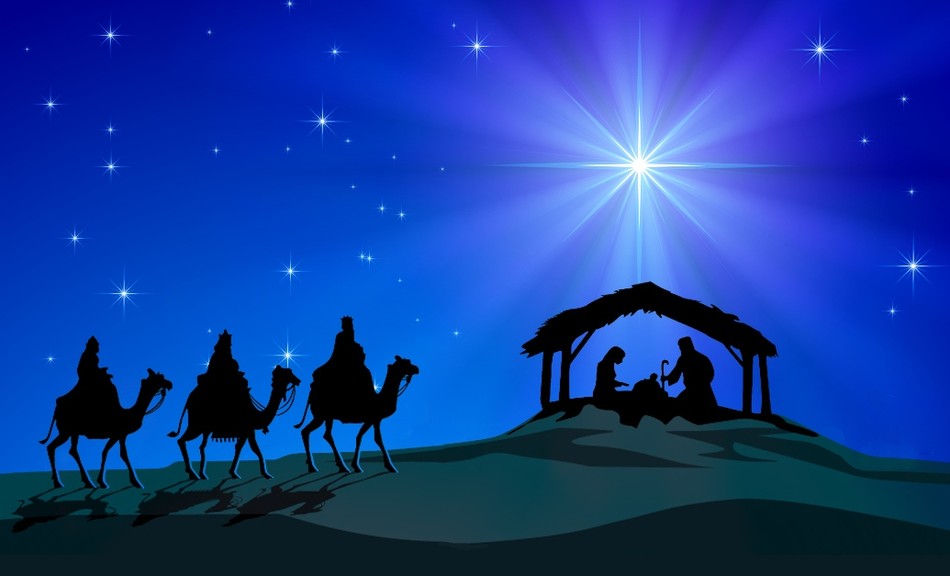In Jesus’ birth narrative, the Magi, wise men from the East, approach him with three gifts: gold, frankincense, and myrrh (Matthew 2:11). Myrrh, this last one, has roots as far as the Old Testament in terms of having significant meaning. This article will dive into the history of myrrh in the Bible, some of its uses, and why it matters for Christians today.
Myrrh in the Old and New Testament
According to Easton's Bible Dictionary, myrrh dates back to Exodus, when the Israelites used myrrh as a main ingredient in holy anointing oil (Exodus 30:23).
As a product from Arabia, it had two main uses: perfume (Esther 2:12) and embalming (John 19:39). In fact, when Joseph of Arimathea and Nicodemus go to bury Jesus, they bring myrrh for the embalming process (John 19). It’s also the same substance mixed in the wine they offer Jesus on the cross (Mark 15:23). The item comes full circle. Magi present this gift to him at birth; he receives a taste of it right before he dies, and they embalm him in it. It seems like an odd gift to give to a baby. Embalming liquid never appears to top the lists of baby shower gifts in society today.
According to this article, myrrh had a greater value than gold when Jesus was born. Myrrh has additional uses, such as fixing oral health, creating youthful skin, and boosting the immune system. Although myrrh may have these uses, it was probably not what the Magi intended it to mean. The gold represented Jesus’ kingship, the frankincense symbolized his role as a priest, and the myrrh alluded to his death.
That seems odd. Why would the Magi unintentionally remind Mary and Joseph that they were to lose their son in, give or take, 30 years? First, they wanted to give practical gifts. Mary and Joseph didn’t have many means and couldn’t afford gifts like this. Second, they traveled a great distance to recognize Jesus’ sovereignty. Third, perhaps they gave these as a reminder about Jesus’ true calling on earth: to rescue sinners from their sins through his death and resurrection.
What Can We Learn from Myrrh?
Obviously, we shouldn’t learn to give any of our relatives and friends who have babies myrrh at Christmas. We shouldn’t take it that literally. But we can learn a great deal from the gifts of the Magi, especially myrrh.
First, we must remember the true meaning behind Christmas and the purpose of Christ’s entry on earth. We can often fail to remember the true reason Christ came behind all the cultural add-ons we’ve implemented for this holiday. Jesus came to earth to die. The wise men made that clear.
Second, gifts can often have multiple purposes. God seldom uses a gift he has given us once. The myrrh in this narrative had practical, medicinal uses and also had the purpose of embalming a loved one who passed away.
Third, God can use the most unlikely people to remind us about him and the Gospel. The Magi traveled from an enormous distance and were of Gentile descent, and Mary and Joseph did not expect them to arrive during Jesus’ infancy. But they reminded them of a greater truth.
God, our king (gold), would come to fulfill his priestly duties (frankincense) and die for our sins (myrrh). Maybe we have people in our lives whom we would least expect to receive a reminder of the Gospel from. But God works in ways we cannot comprehend and through some of the most unlikely of people.
© Getty Images/Iukbar



